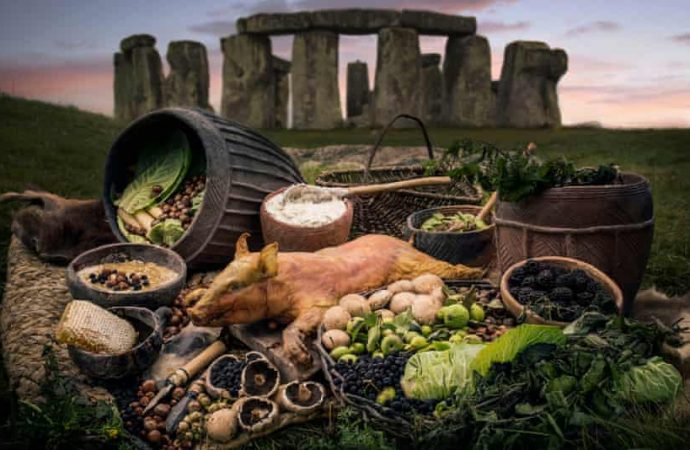University of Sheffield’s archaeology team argue vital work will be lost if threatened closure goes ahead
Source: The Guardian
Important research on Stonehenge could be put in jeopardy if the threatened closure of one of the UK’s most renowned university archaeology departments goes ahead, leading experts on the prehistoric monument have warned.
Current and former members of the University of Sheffield’s archaeology department are at the forefront of some of the most intriguing work at the Wiltshire site and argue that if it is closed, vital work will be lost.
The proposal to close the department has attracted criticism from across the world with thousands of people signing a petition calling for the department to be saved and UK archeological organisations criticising the proposal.
Among those who have expressed deep concern is Mike Parker Pearson, one of the world’s leading Stonehenge experts and a former member of the Sheffield department.
He said: “Sheffield is one of the UK’s leading departments of archaeology, known and respected throughout the world. I suspect the vice-chancellor has no idea of the international outrage that closing the department is going to cause. Sheffield seems about to shoot itself in the foot.”
Parker Pearson directed the Stonehenge Riverside Project, which has made some of the most impressive discoveries about the monument of modern times, including finding evidence of a second Stonehenge a mile away from the great stone circle.
He said: “Colleagues at Sheffield are working right now on material from my project at Stonehenge and if they lose their jobs it jeopardises completion of this project which has grabbed the world media’s attention over the last 15 years.”
One of the pieces of research that could be in jeopardy, said Parker Pearson, is work on animal teeth and bones found close to Stonehenge that suggests prehistoric people brought animals to Wiltshire from as far afield as north-east Scotland, more than 500 miles away, to feed the engineers who built the monument and to take part in lavish midwinter feasts.
Umberto Albarella, professor of zooarchaeology at Sheffield and one of those involved in the feasting research, said the department was admired worldwide.
He said: “It has led the way in breaking the barrier between science and humanities, which are fully integrated in its research. It has also trained – and continues to do so – hundreds of archaeologists now holding prominent positions throughout the world.
“It has been involved in many prominent research projects, which are still active, such as the full reinterpretation of the Stonehenge landscape, a deeper understanding of the Black Death, and the spread of farming in Europe.”
Susan Greaney, a former student at Sheffield and now senior properties historian at English Heritage, added: “So many of my colleagues and friends across heritage and archaeology were trained at Sheffield, and it has a reputation for practical teaching with good theoretical grounding – exactly what is required for people to work in archaeological careers.
“The loss of the Sheffield department would be a real hammer blow to the discipline and its ability to train the archaeologists of the future.”
Among the organisations that have expressed concern are the Chartered Institute for Archaeologists, the Council for British Archaeology, and the Prehistoric Society.
The university’s executive board is due to vote on the future of the department on Tuesday. Closing it completely is one of three options on the table.
A spokesperson said: “The University of Sheffield has undertaken a review of its department of archaeology. Staff and student representatives participated in the review, and no decisions have been taken.”
Source: The Guardian

































Leave a Comment
You must be logged in to post a comment.